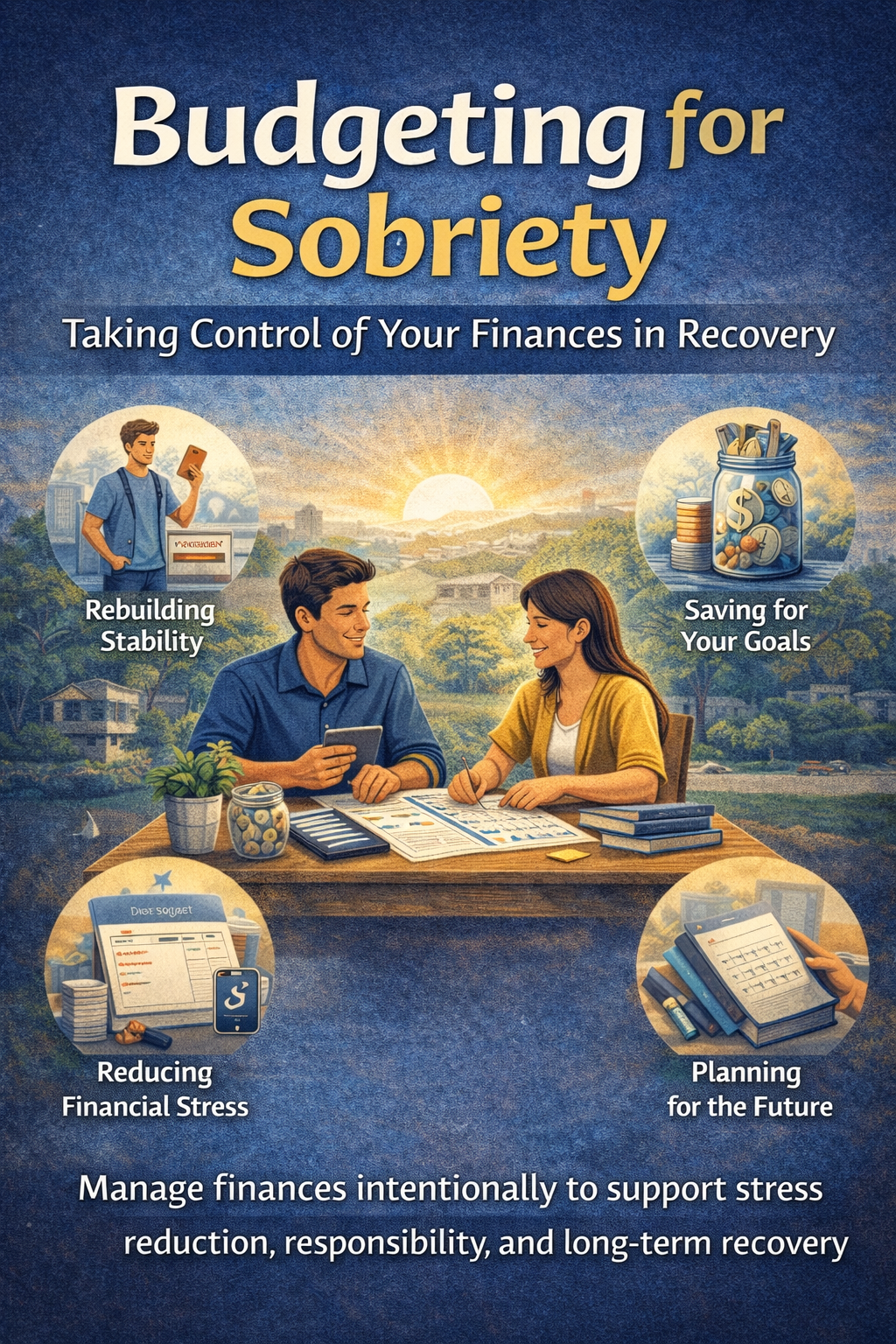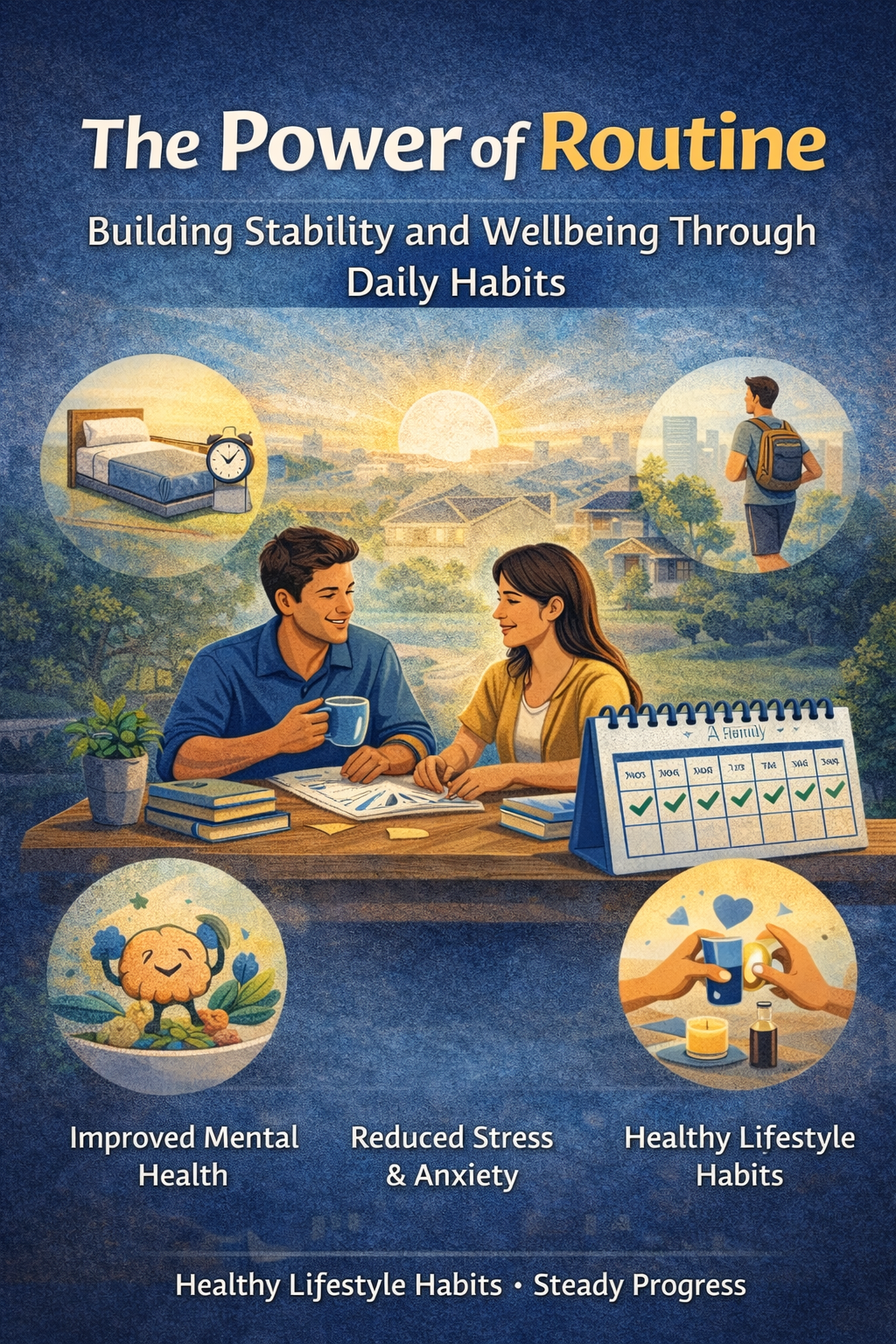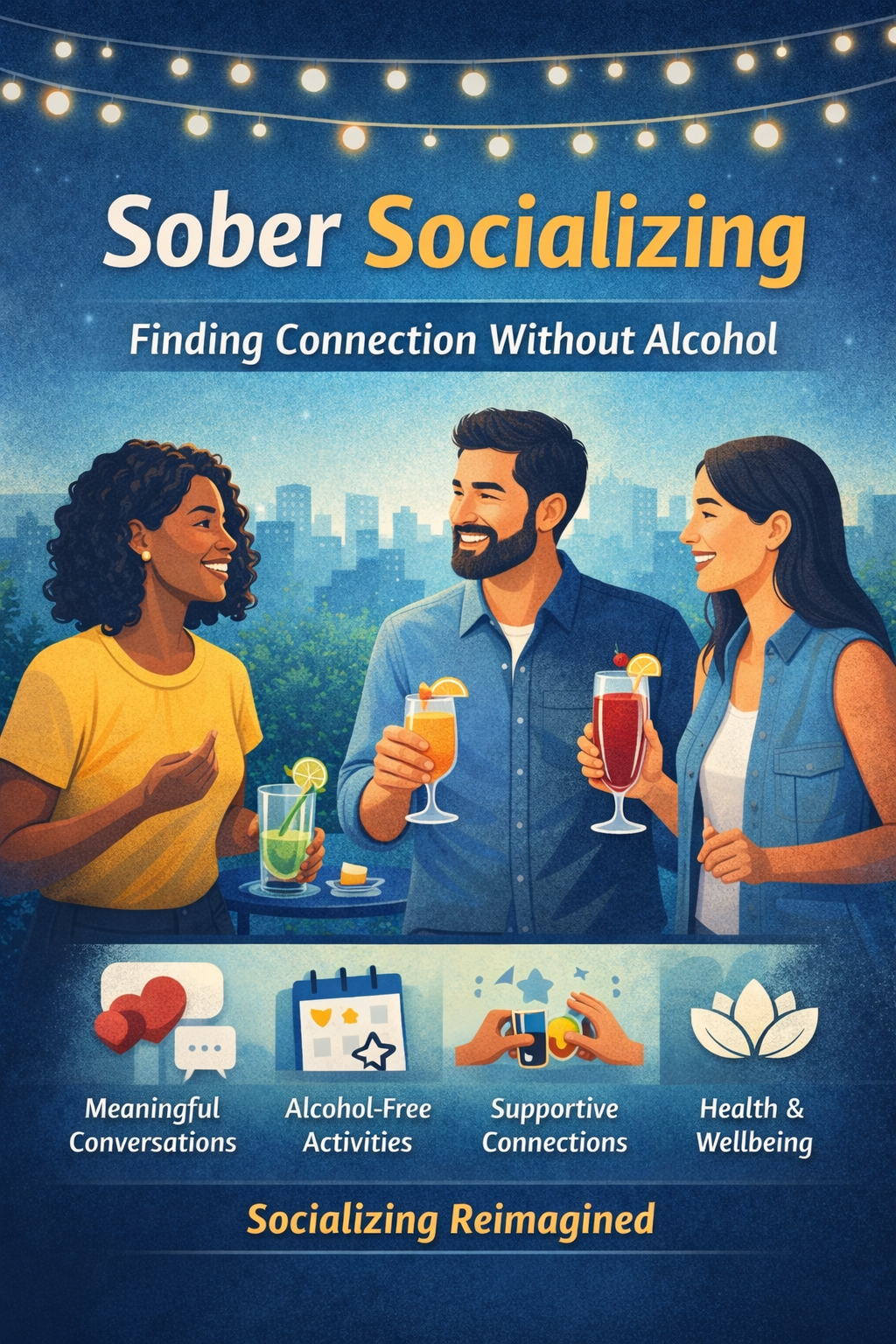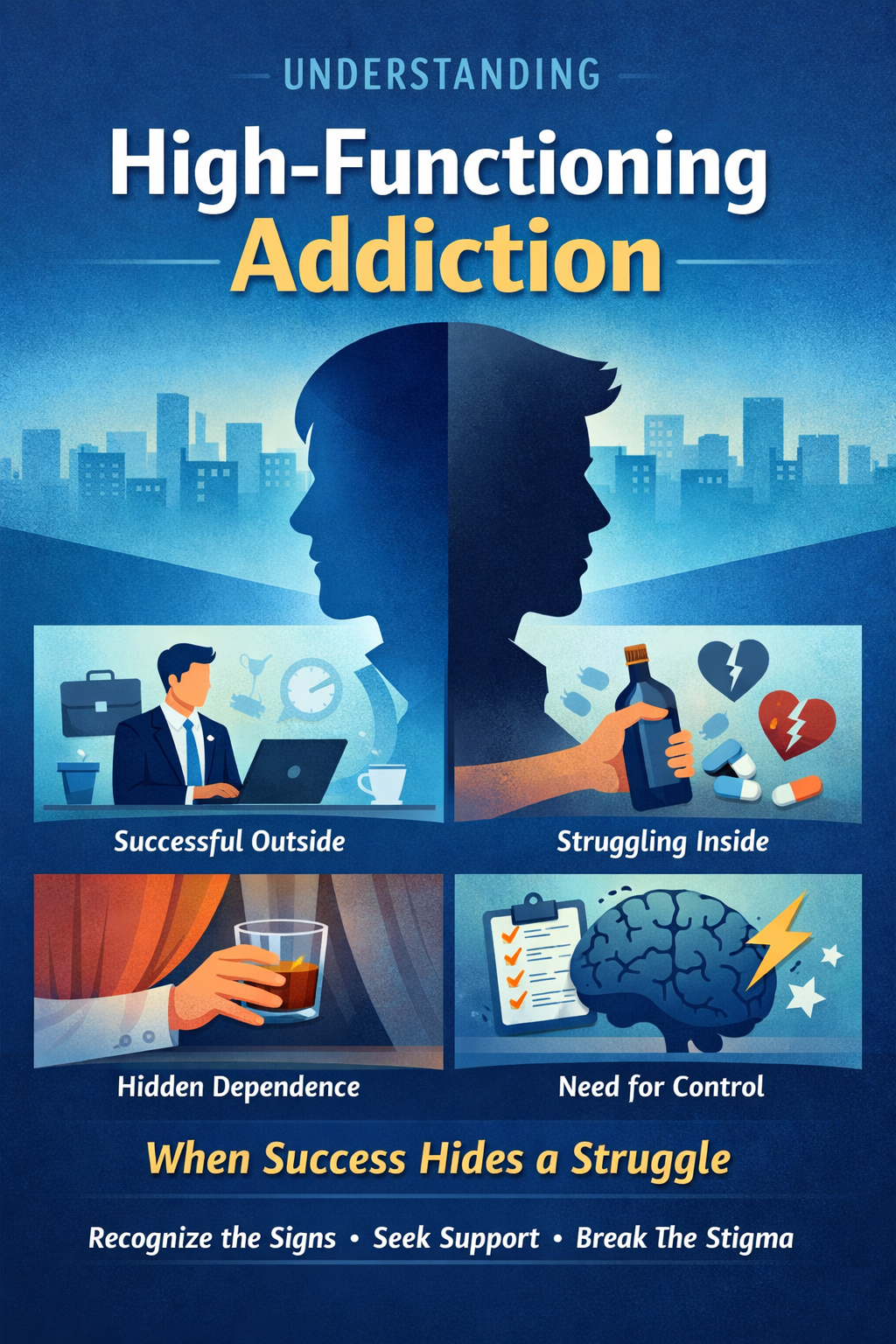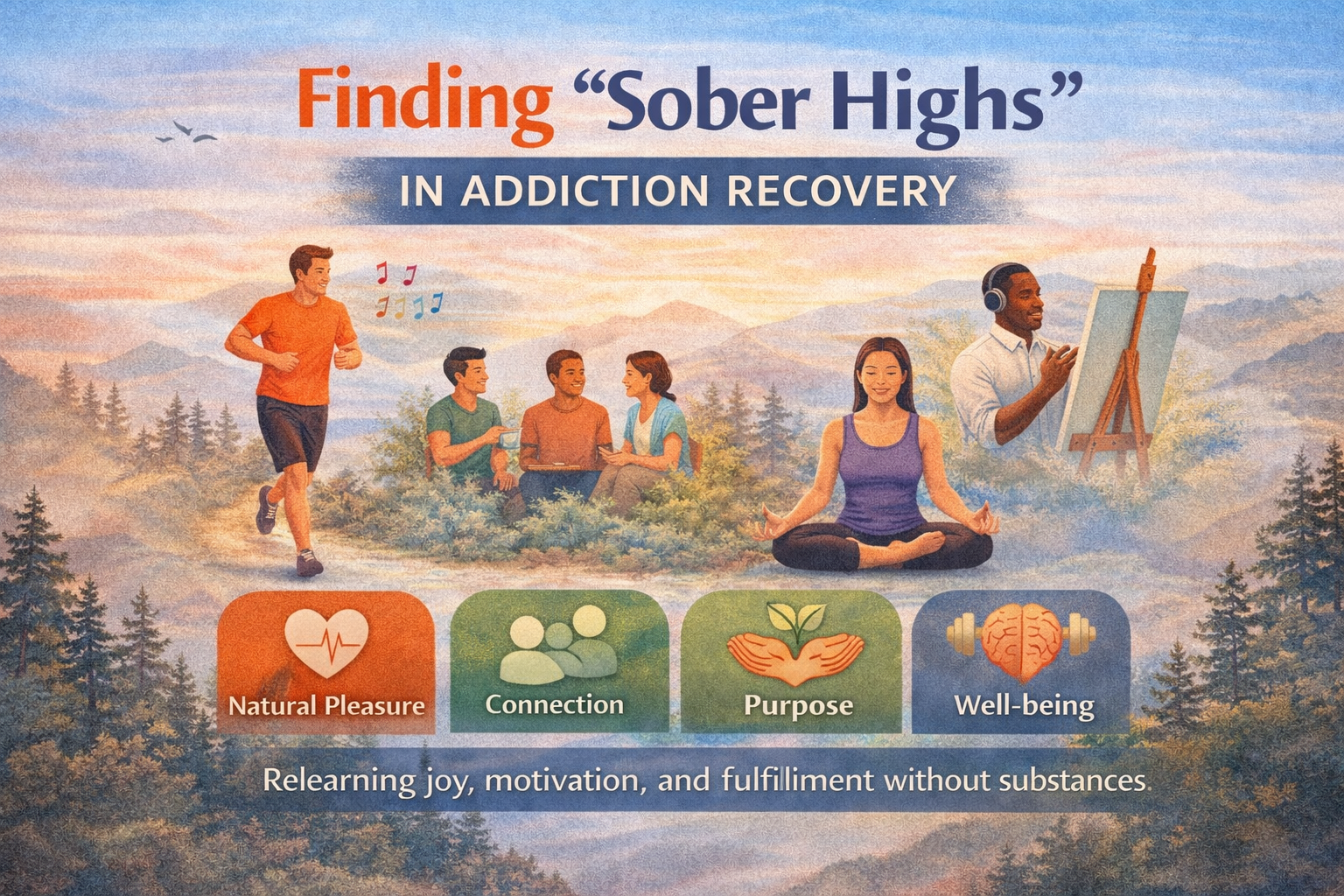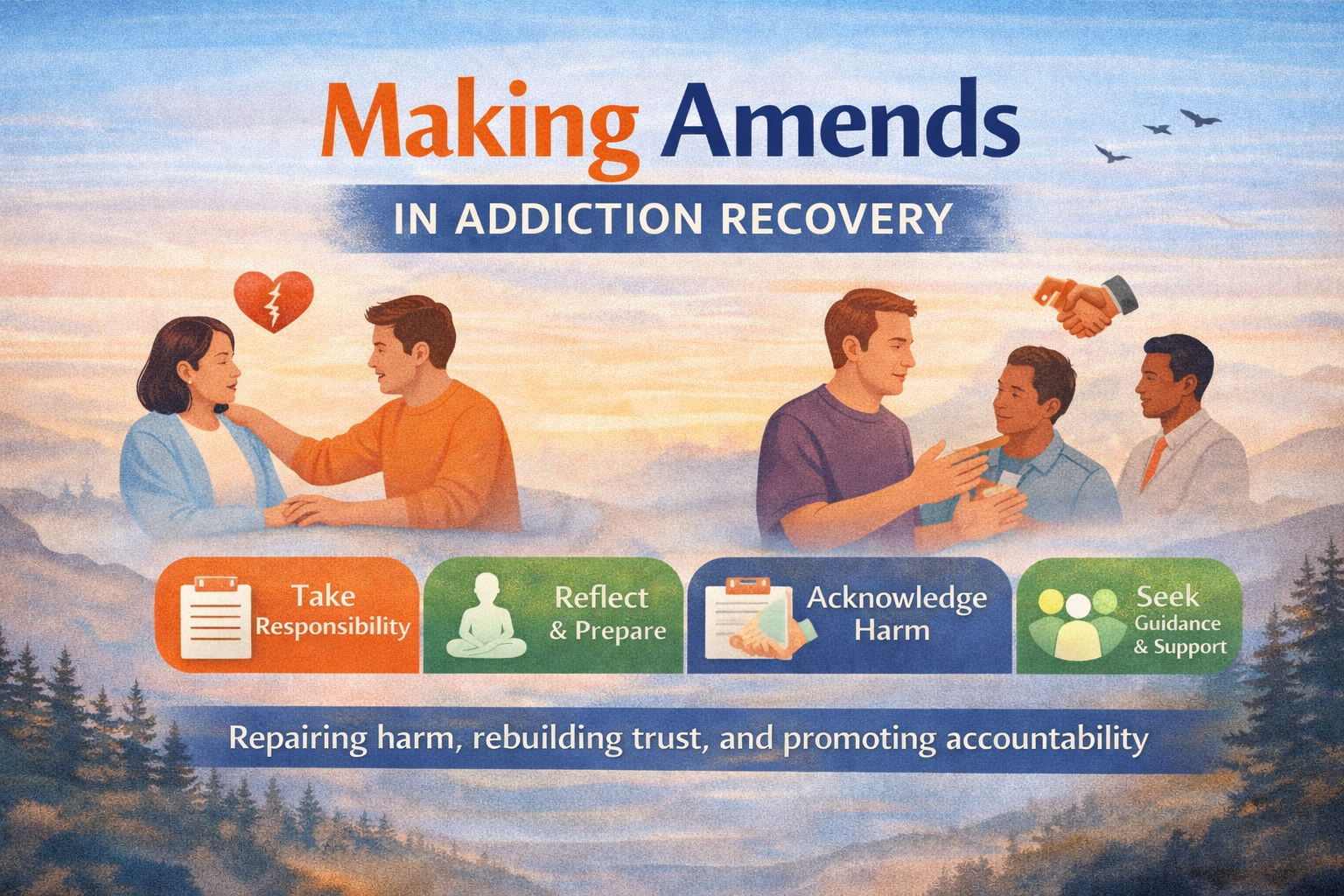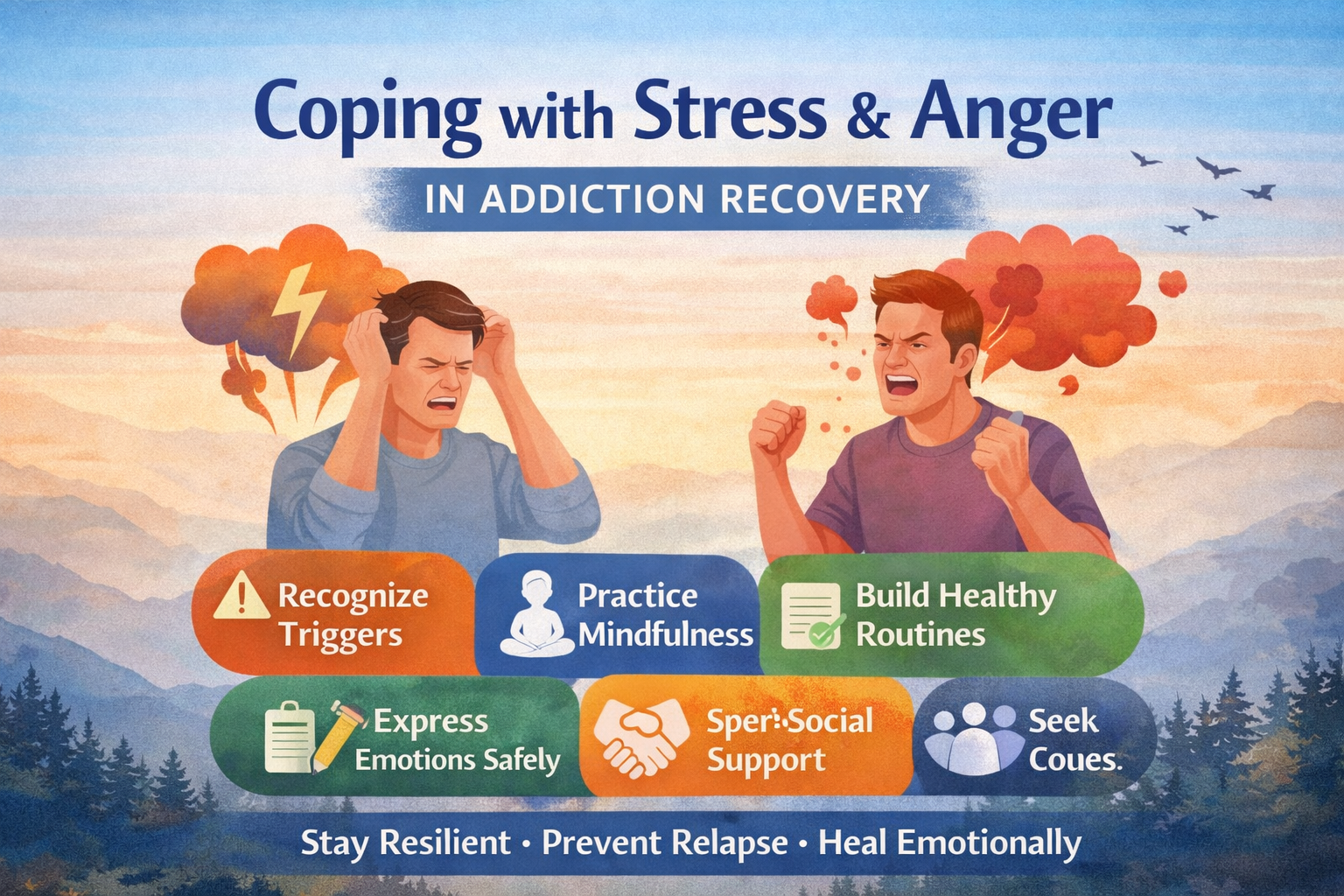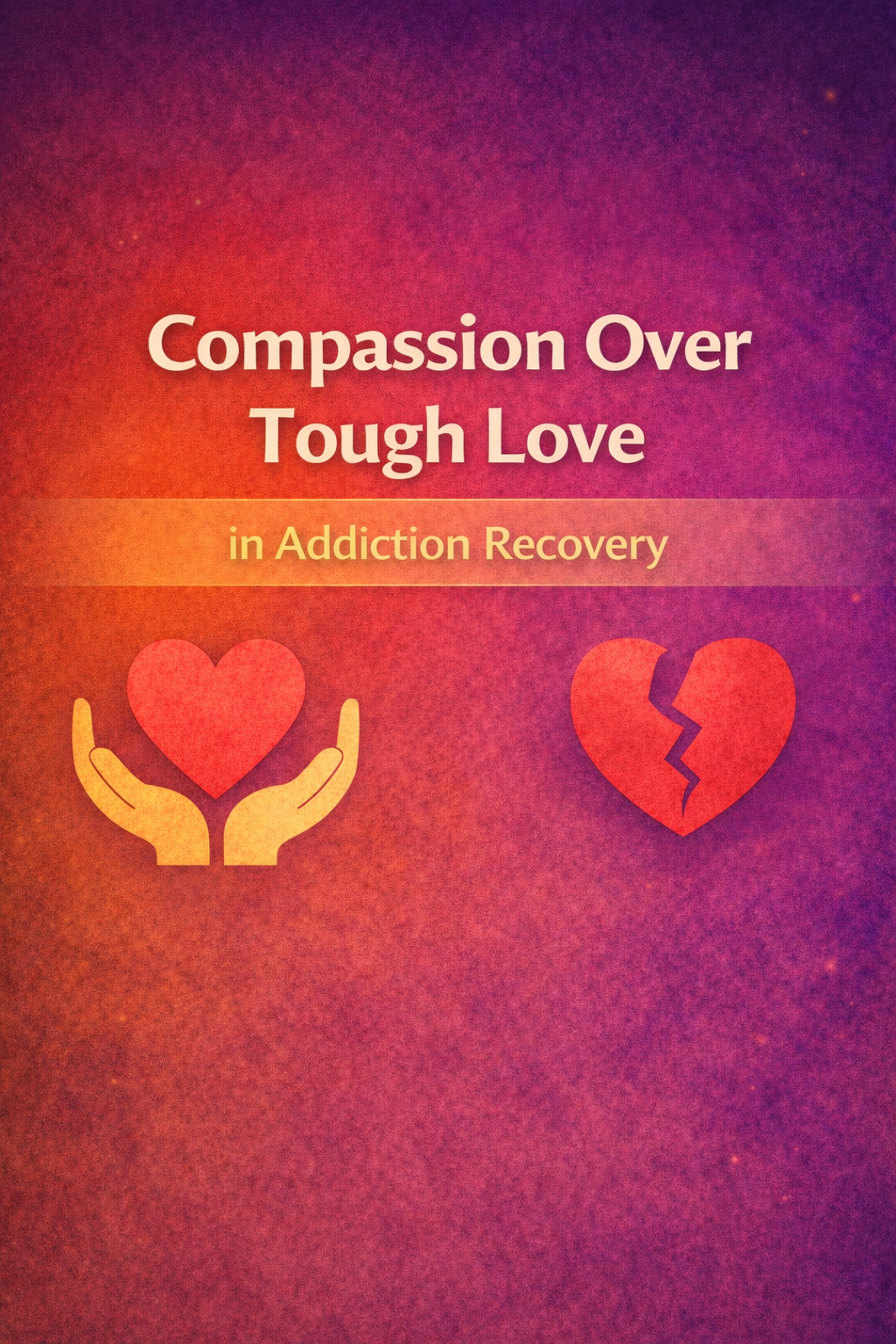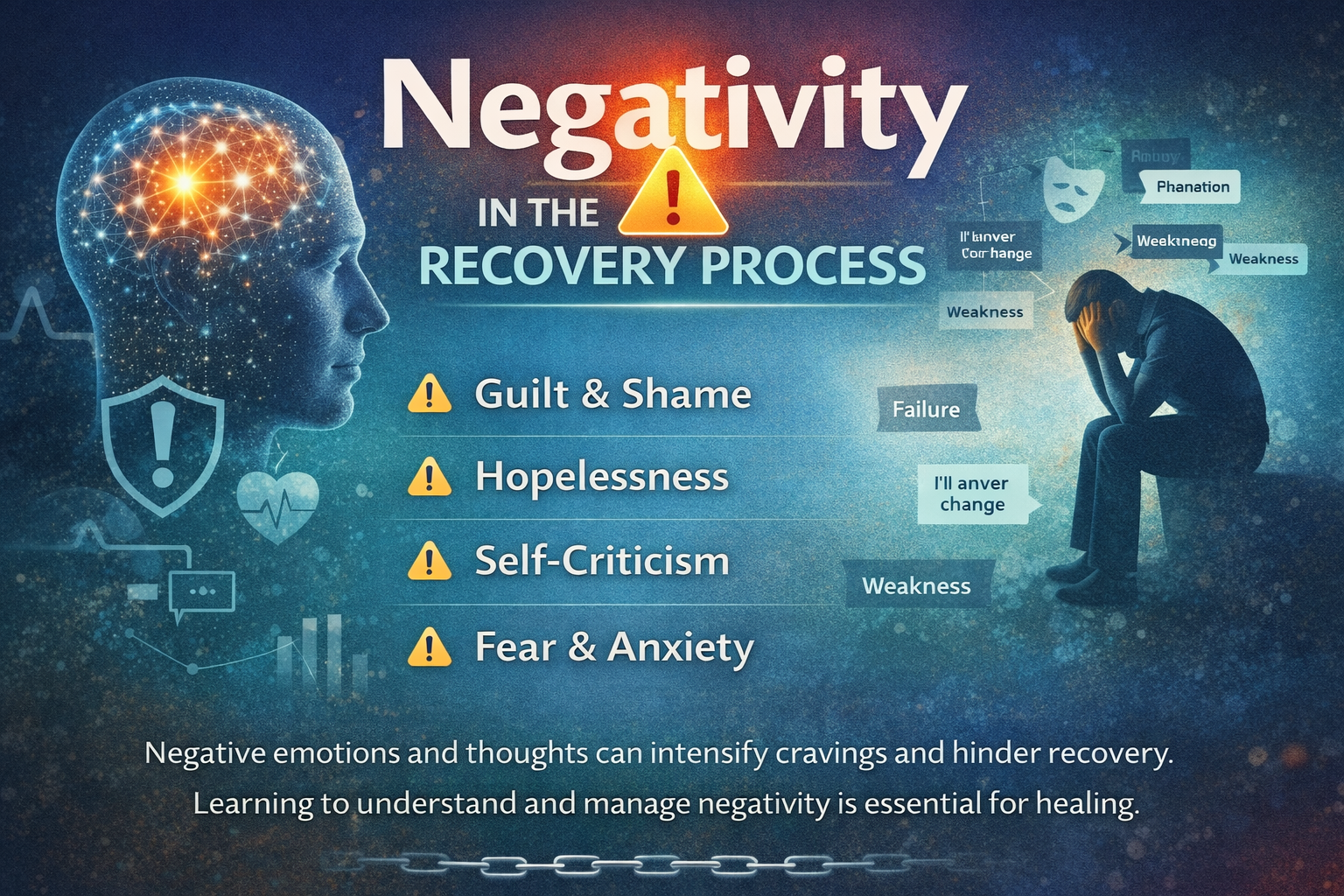Budgeting for Addiction Sobriety
Budgeting for sobriety is an essential yet often overlooked part of recovery. Substance use can quietly disrupt financial stability through impulsive spending, unmet obligations, and long-term consequences. As individuals enter sobriety, managing money intentionally becomes a practical way to reduce stress, restore control, and align daily decisions with recovery goals. Budgeting is not about punishment … Read more
